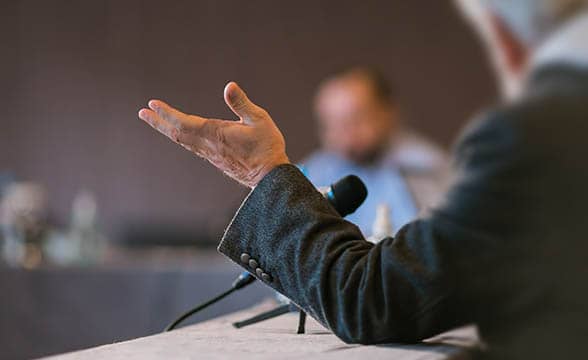The release of the United Kingdom’s white paper review of the Gambling Act 2005 still lacks a date. The review has sparked countless discussions and arguments as some demand stricter rules to be introduced.
The White Paper Will Come out “In the Next Few Weeks”
During a recent debate at the Westminster Hall, Nigel Huddleston, the parliamentary secretary for the Department for Digital, Culture, Media & Sport (DCMS), refused to provide a timeline for the white paper. He emphasized that this is an important review and it is imperial to do it right. Therefore, there are many aspects of the gambling regulatory system that should be taken into consideration. Huddleston explained that the reformed gambling rules should be suitable for the digital age and the future.
The secretary concluded that the white paper is a priority for the DCMS. Even so, it will take a while to finalize it. This, however, irritated the former Conservative leader Iain Duncan Smith who blasted Huddleston for his vague answers.
When is a coming week no longer a coming week? Is it two or three weeks ahead, or four or five? A little definition would help.
Iain Duncan Smith, Conservative MP
Despite Smith’s pressure, Huddleston reasserted that all he can say is that the white paper will be published soon.
Smith Promised to “Go to War” with the Government
Smith has been a prominent critic of the DCMS’ indecisiveness. He has previously accused the reviewers of being too lenient towards the gambling industry. The MP opposed the recent watering-down of the white paper and, in the latest debate, accused many of being too close to the sector. Smith also slammed other MPs for reading out speeches written by gambling companies.
The Conservative said that the purpose of the debate is to pass judgment, not listen to someone else’s judgment. He said that he doesn’t oppose his pro-gambling colleagues’ opinions but thinks that reading out speeches sent by operators is counterproductive.
Recently, the reviewers backed down on many of the proposed regulations, including the mandatory 1% levy which made way for a voluntary levy. The envisioned ban on sponsorships in professional soccer also vanished from the list of the DCMS’ priorities. Smith was furious and promised to “go to war” with the government if the final version of the review gets watered down.
Proponents of the 1% levy argue that it will change a lot. According to them, it will help charities such as GambleAware tackle problem gambling and mitigate the damage done by the industry.



